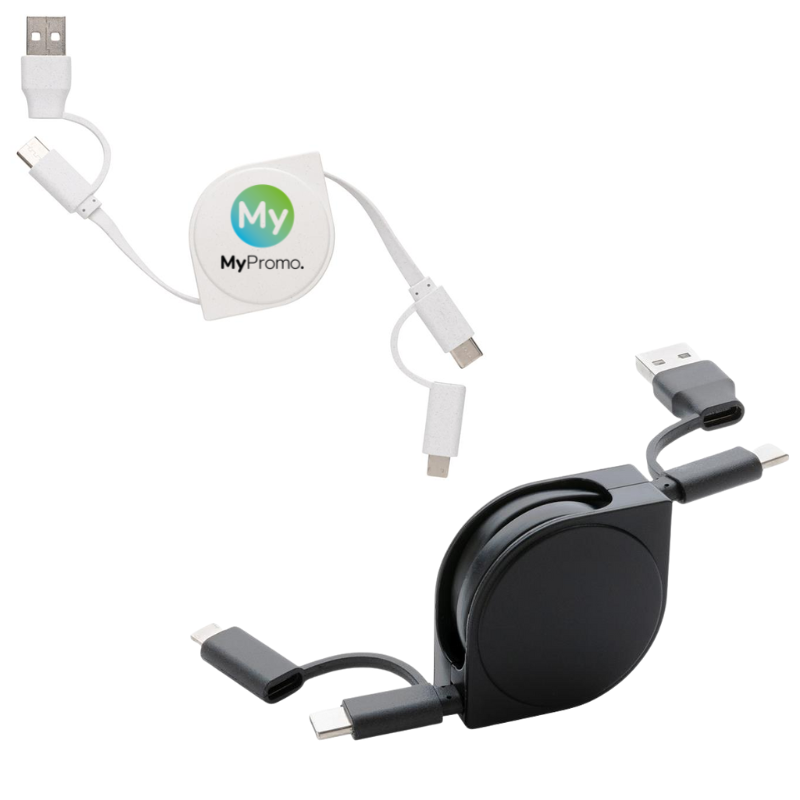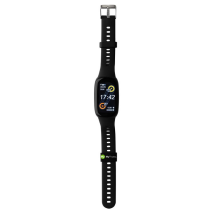TPE
What is TPE?
TPE, or Thermoplastic Elastomer, is a versatile material that combines the properties of rubber with the processability of plastics, making it popular for its flexibility, durability, and cost-effectiveness in manufacturing and promotional gifts. Developed in the mid-20th century, TPE revolutionised many industries by providing an efficient alternative to traditional rubber. The production process involves blending polymers with elastomeric properties, which are then melted and moulded into various forms such as sheets, tubes, and complex shapes, suitable for numerous applications.
Properties and Characteristics of TPE
TPE is known for its flexibility and elasticity, similar to rubber, but it can be processed like plastic. It is highly resistant to abrasion, weathering, and many chemicals, which makes it durable and long-lasting. TPE also exhibits excellent thermal stability and can withstand a wide range of temperatures. Additionally, TPE is lightweight, has good electrical insulating properties, and can be easily coloured, providing aesthetic versatility.
Applications of TPE in Manufacturing
The versatility of TPE is evident in its numerous applications across various industries. In the automotive industry, TPE is used for sealing systems, cable sheathing, and interior components due to its flexibility and durability. The medical field utilises TPE for products like tubing, syringe seals, and medical device components, benefiting from its biocompatibility and ease of sterilisation. In the consumer goods sector, TPE is used for items such as toothbrush grips, flexible toys, and kitchen utensils, offering comfort and safety.
For promotional products, TPE is a popular material because of its customizability and durability. Examples include promotional wristbands, personalised keyrings, and phone cases. These items can be easily personalised with company logos and messages, making them ideal for marketing campaigns. The ability to produce TPE in various colours and shapes enhances its appeal for custom promotional items.
Advantages of Using TPE in Manufacturing
One of the primary advantages of TPE is its versatility in processing and application. TPE can be processed using traditional plastic manufacturing techniques, which reduces production costs and time. Its flexibility and durability make it suitable for a wide range of products, ensuring long-lasting performance. TPE is also recyclable, which helps reduce waste and supports environmental sustainability. Additionally, TPE's ability to combine the best properties of rubber and plastic makes it a superior choice for many applications.
Comparing TPE with Other Materials
Compared to materials like PVC, rubber, and silicone, TPE offers a unique combination of flexibility, durability, and processability. While PVC is more rigid and less flexible, TPE provides better comfort and elasticity. Rubber is highly flexible but can be more challenging to process and recycle compared to TPE. Silicone offers excellent heat resistance and flexibility but is generally more expensive and less versatile in terms of processing than TPE. TPE's recyclability and ease of manufacturing make it an attractive alternative to these materials.
Potential Challenges and Limitations of TPE
Despite its many advantages, TPE does have some limitations. It can be more expensive than traditional plastics like PVC, which may affect its cost-effectiveness in certain applications. TPE also has lower heat resistance compared to materials like silicone, which can limit its use in high-temperature environments. Additionally, TPE's mechanical properties can vary depending on the specific blend of polymers used, which may require careful consideration during the design and manufacturing process.
What is TPE made from?
TPE is made from a blend of polymers that combine elastomeric properties with thermoplastic processing capabilities.
Why is TPE considered versatile in manufacturing?
TPE is versatile because it can be processed like plastic while offering the flexibility and durability of rubber, making it suitable for a wide range of applications.
What are common products made from TPE?
Common products include automotive sealing systems, medical tubing, toothbrush grips, flexible toys, and promotional wristbands.
How does TPE compare to other materials like PVC and rubber?
TPE offers better flexibility and processability than PVC and is easier to recycle than rubber, making it a more versatile and environmentally friendly option.
Are there any limitations to using TPE?
Limitations of TPE include its lower heat resistance compared to silicone and potentially higher cost compared to traditional plastics like PVC.


